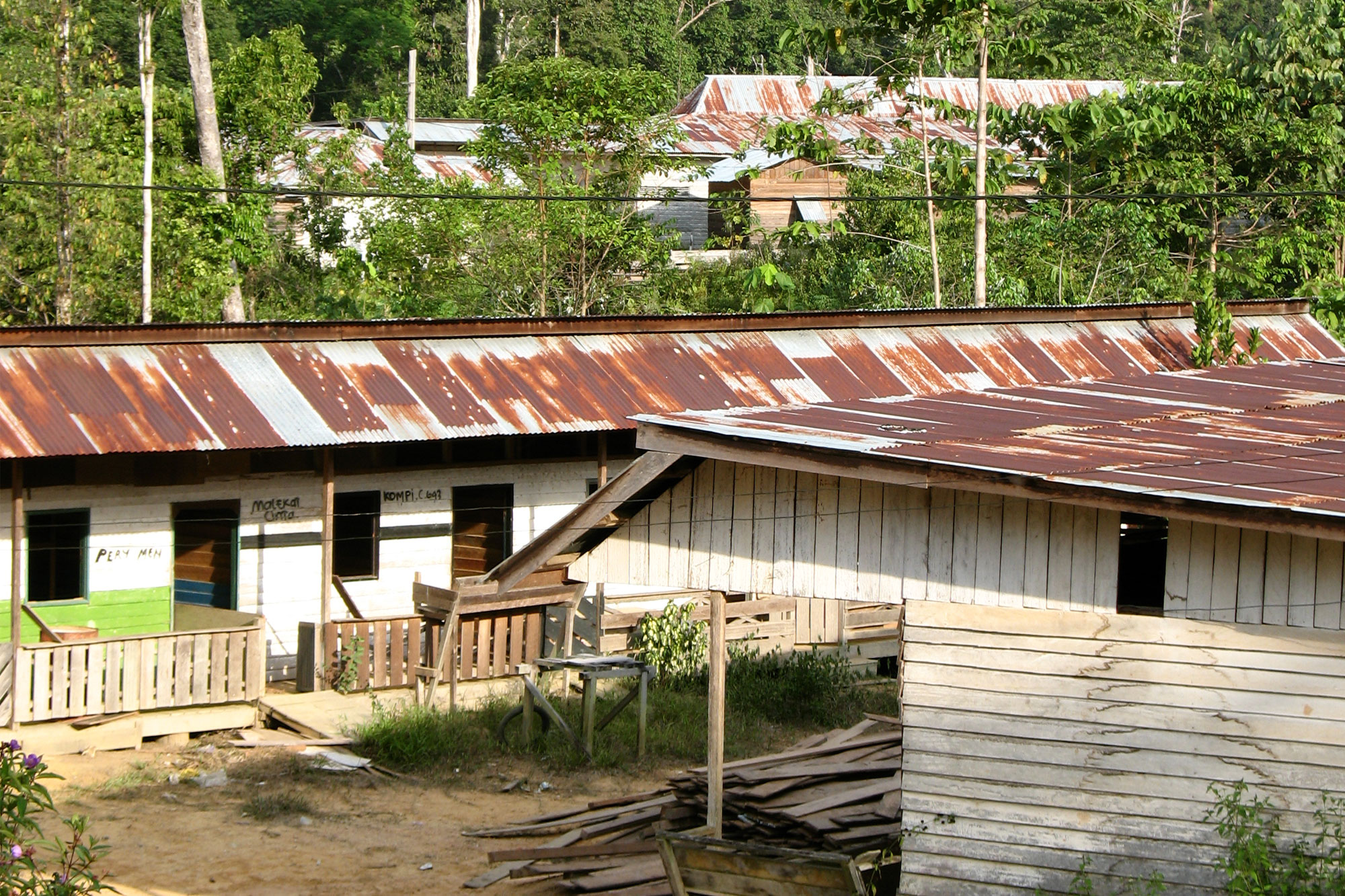| Principal Investigator: | Dr Matthew Struebig and Dr Freya St. John |
|---|---|
| Project dates: | 2016 – 2019 |
| Funding: | The Darwin Initiative (DFID) |
| Collaborators: | Fauna and Flora International Indonesia programme, Indonesian Institute of Sciences, Borneo Futures, University of Queensland. |
| External websites: | Monitoring Dan Evaluasi Perhutanan Sosial (MEPS) |
Community forest management is championed as a way to benefit local livelihoods and forest conservation, and Indonesia recognises this as part of its efforts to reduce poverty. Growing decentralisation and policy reform now supports community-based management throughout Indonesia, since a 2012 Constitutional Court decision and subsequent ministerial regulations in late 2014 oblige local governments to reallocate 12.7 Mha of state forest to rural communities.
The MEPS project (Monitoring and Evaluation of Social Forestry after the Indonesian translation) was set up to produce spatial datasets and develop local case-studies to help improve the capacity of local government to better incorporate environmental and developmental needs into the allocation and monitoring of community forestry. Basing our work on 6,600 villages across Kalimantan (Indonesian Borneo), we demonstrated that the hutan desa community forest programme could help avoid deforestation and alleviate poverty under some circumstances. Our case-studies in West Kalimantan helped reveal some of the reasons why benefits were faster to accrue in some sites more than others. Moreover, we hosted several engagement and training opportunities for governmental and non-governmental stakeholders in Indonesia to apply our methods to help monitor the success of community forestry projects in years to come.


